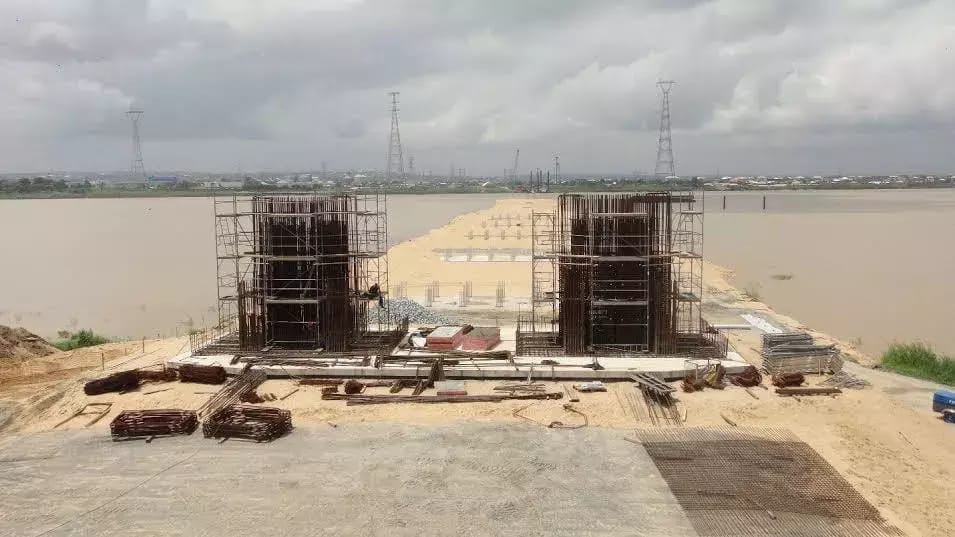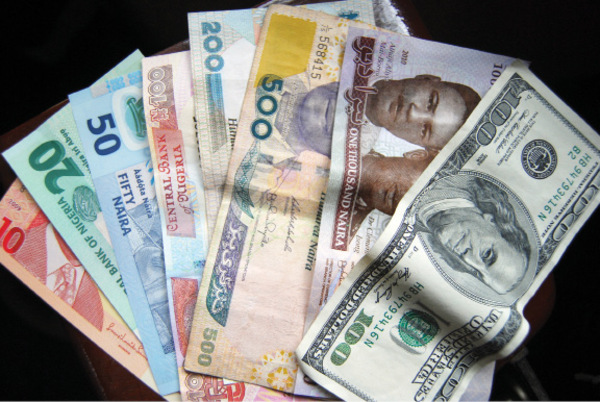SWF Invests $760m In 2nd Niger Bridge In 2017
The Nigeria, Sovereign Investment Agency (NSIA), operators of the Nigerian Sovereign Wealth Fund (SWF), has disclosed that this year alone, a whopping $760 million is to be invested in the 2nd Niger Bridge in continuation of Federal Government’s investment being undertaken under a Public Private Partnership (PPP).
German construction giant, Julius Berger, is a major stakeholder of the consortium in the partnership deal in the bridge, which was initiated by former President Goodluck Jonathan’s administration.
The second Niger Bridge has remained a key issue in the socio-economic life of the people of the South east and even some South south states, as the existing bridge has become too inadequate to carry the traffic from these regions to other parts of the country. This has resulted in wastage in man hours spent in very long traffic jam as vehicles get stuck driving through the bridge due to its limited capacity.
To fast track economic and social growth in the country, the Fund will be diversified into foreign investments as well as in social infrastructure.
The Managing Director and Chief Executive Officer of the Fund, Uche Orji, made the investment plan for the year known at an interaction in Abuja.
He said: “The NSIA will invest $760 million in the second Niger Bridge project being built in conjunction with Julius Berger.
“The privatisation of the Nigeria Commodity Exchange between Bureau of Public Enterprises (BPE) and the NSIA is expected to be concluded this year at a cost of $10 million.
“We will also directly invest in Customs National Single Window project to improve the technology platform of customs to increase revenue collection and enhance efficiency.
“Also, NSIA and Old Mutual, will commit $500 million for investment in commercial and retail assets. We will also invest in the middle market industralisation projects to stimulate the economy,” he said.
Other areas of investment, he said, included communications, aviation, rail, waste and sewage, gas pipeline, ports, industrial parks, mining and refining.
“On Agriculture, he said the NSIA had also pledged to partly fund 100 million dollars Agricultural Finance in Nigeria (FAFIN) initiative in collaboration with German Development Bank and the Ministry of Agriculture.
He said another 25 million dollars was invested in a $200 million Nigeria Agriculture Fund in partnership with a South Africa firm which had already committed $25 million.
“The NSIA has also invested 286.4 million dollars in a fertilizer blending project in partnership with FEPSAN.
“The objective is to deliver fertilizer to farmers on time and at a reasonable price of N5,500 per 50kg bag of NPK 20:10:10 down from 30 to 40 per cent from current price.
“Our strategy is to import only the ingredients that cannot be sourced locally and blend it with other available ingredients that makes up a fertiliser.
“For the wet season, we are targeting 1 million metric tons in five batches of 200,000 tonnes each starting in this February. Our target is to eliminate subsidy on fertiliser,” he said.
To this effect, Orji said that there were presently 10 blending plants with the total capacity of 1.94 million metric tonnes with the hope of establishing more plants.
Orji said the agency have also helped in the creation of institutions such as the Development Bank of Nigeria to support infrastructure development.
He said the Infrastructure Credit Guarantee Company (InfraCredit), which the agency helped establish last year would make it possible for pension funds and insurance companies to invest in infrastructure through the bond market.




